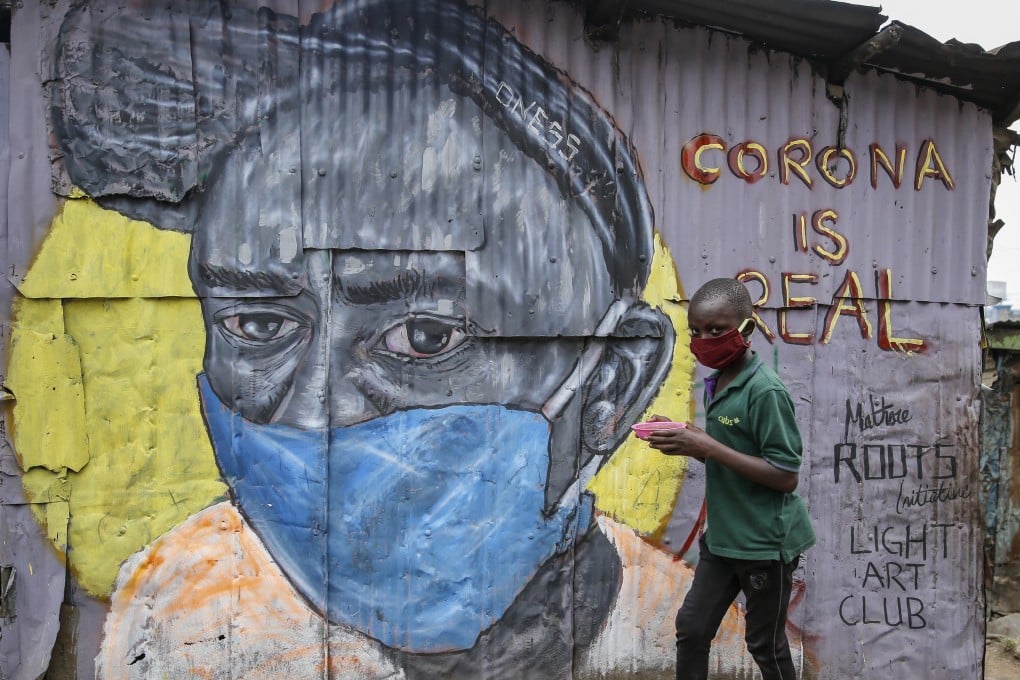Advertisement
Will China move Africa up from the end of coronavirus vaccine queue?
- In previous pandemics African countries have had to wait for vaccinations and analysts fear it could happen again
- Many are banking on Covax, while Beijing has also said it will make its vaccines available as a ‘public good’
Reading Time:4 minutes
Why you can trust SCMP

African countries are expected to be last in the queue for Covid-19 vaccinations, complicating the global fight against the coronavirus pandemic.
With encouraging results from late-stage trials for several candidates, attention is turning to the distribution of billions of doses around the world, and there are concerns most African countries will be left to the mercy of rich nations in the race for access to affordable vaccines.
China has promised once its vaccines are approved, they will be shared with Africa to help fight the spread of coronavirus, which could be crucial for the countries fearing they will be left out as the US and some European countries make billions from vaccine orders amid rising cases of Covid-19 worldwide.
Advertisement
Nearly all of these African countries are banking on Covax, the global initiative co-led by the Coalition for Epidemic Preparedness Innovations (CEPI), the Vaccine Alliance (Gavi) and the World Health Organization (WHO).

01:57
Coronavirus: Inside a Chinese lab joining global race to find a vaccine
Coronavirus: Inside a Chinese lab joining global race to find a vaccine
However, analysts say most African countries will not gain full access to affordable vaccines until after the rich world has vaccinated its people.
Advertisement
Advertisement
Select Voice
Select Speed
1.00x